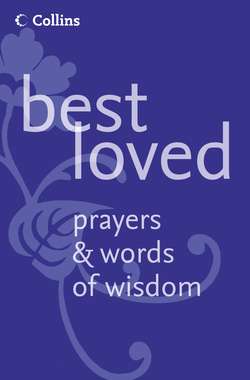Читать книгу Best Loved Prayers and Words of Wisdom - Martin Manser - Страница 10
ОглавлениеAccept our sacrifice
Thomas Cranmer came to prominence at the time when Henry VIII was seeking the annulment of his first marriage, to Catherine of Aragon, to enable him to marry Anne Boleyn. Thomas was later appointed Archbishop of Canterbury and Henry both respected and protected him. He was the main compiler of the first Book of Common Prayer (1549 and 1552), from which this prayer below is taken. Cranmer was involved in church reform under Edward VI but under the Catholic Mary Tudor he was burnt at the stake. This was ordered despite the fact that, under extreme pressure, he had signed a document recanting his Protestantism. He was expected to do this again publicly at his execution but instead he reaffirmed his Protestant convictions and at the stake he held his right hand (with which he had signed the recantation) in the flames. His martyr’s death, following those of Latimer and Ridley, did much to win people to Protestantism.
O Lord and heavenly Father, we thy humble servants
entirely desire thy fatherly goodness mercifully to accept this our
sacrifice of praise and thanksgiving; most humbly beseeching
thee to grant, that by the merits and death of thy Son Jesus
Christ, and through faith in his blood, we and all thy whole
Church may obtain remission of our sins, and all other benefits
of his passion. And here we offer and present unto thee, O Lord,
ourselves, our souls and bodies, to be a reasonable, holy, and
lively sacrifice unto thee; humbly beseeching thee, that all we,
who are partakers of this holy Communion, may be fulfilled with
thy grace and heavenly benediction. And although we be
unworthy, through our manifold sins, to offer unto thee any
sacrifice, yet we beseech thee to accept this our bounden duty
and service; not weighing our merits, but pardoning our
offences, through Jesus Christ our Lord; by whom, and with
whom, in the unity of the Holy Ghost, all honour and glory be
unto thee, O Father Almighty, world without end. Amen.
Thomas Cranmer (1489–1556)
